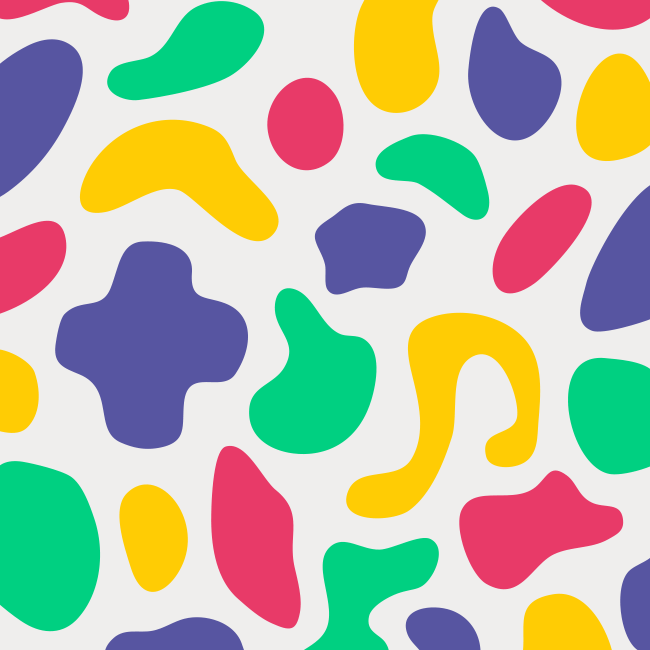Dementia and Imagination: a mixed-methods protocol for arts and science research
Authors(s), Creator(s) and Contributors: Dr. Gill Windle, Andrew Newman, Vanessa Burholt, Bob Woods, Dave O'Brien, Michael Baber, Barry Hounsome, Clive Parkinson, Victoria Tischler
Publication Date: 28/09/2016
Categories: Whitepapers / Research
Introduction
ABSTRACT
Introduction: Dementia and Imagination is a multidisciplinary research collaboration bringing together arts and science to address current evidence limitations around the benefits of visual art activities in dementia care. The research questions ask: Can art improve quality of life and well-being? If it does make a difference, how does it do this—and why? Does it have wider social and community benefits?
Methods and analysis: This mixed-methods study recruits participants from residential care homes, National Health Service (NHS) wards and communities in England and Wales. A visual art intervention is developed and delivered as 1×2-hour weekly group session for 3 months in care and community settings to N=100 people living with dementia. Quantitative and qualitative data are collected at 3 time points to examine the impact on their quality of life, and the perceptions of those who care for them (N=100 family and professional carers). Repeated-measures systematic observations of well-being are obtained during the intervention (intervention vs control condition). The health economics component conducts a social return on investment evaluation of the intervention. Qualitative data are collected at 3 time points (n=35 carers/staff and n=35 people living with dementia) to explore changes in social connectedness. Self-reported outcomes of the intervention delivery are obtained (n=100). Focus groups with intervention participants (n=40) explore perceptions of impact. Social network analysis of quantitative and qualitative data from arts and healthcare professionals (N=100) examines changes in perceptions and practice.
Ethics and dissemination: The study is approved by North Wales Research Ethics Committee—West. A range of activities will share the research findings, including international and national academic conferences, quarterly newsletters and the project website. Public engagement projects will target a broad range of stakeholders. Policy and practice summaries will be developed. The visual art intervention protocol will be
Tags: dementia, imagination, protocol, nhs, research

